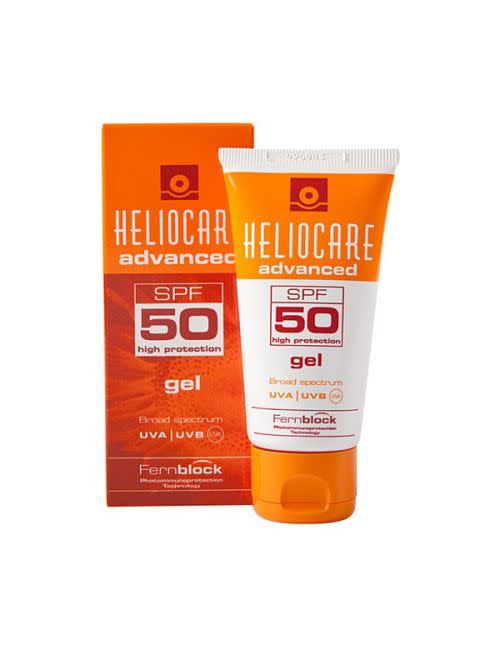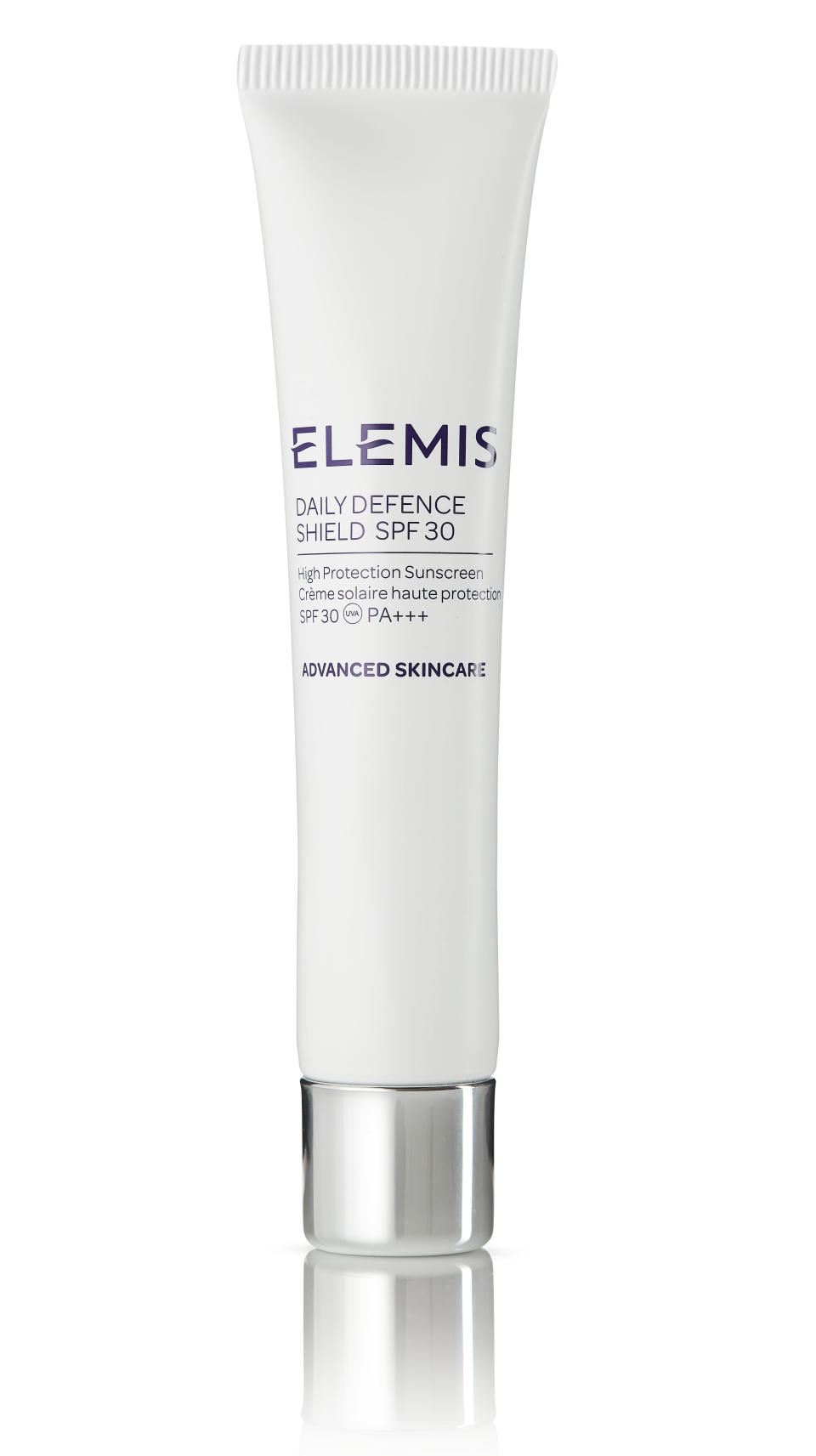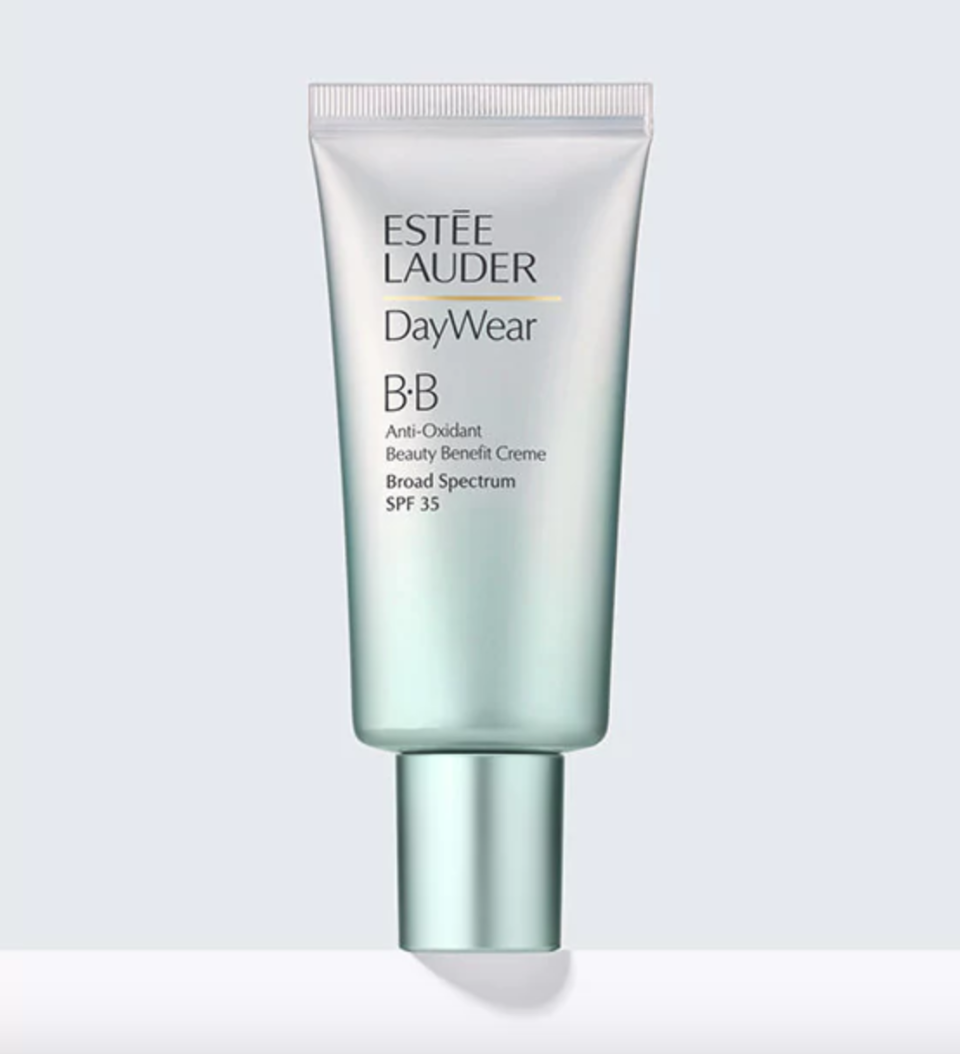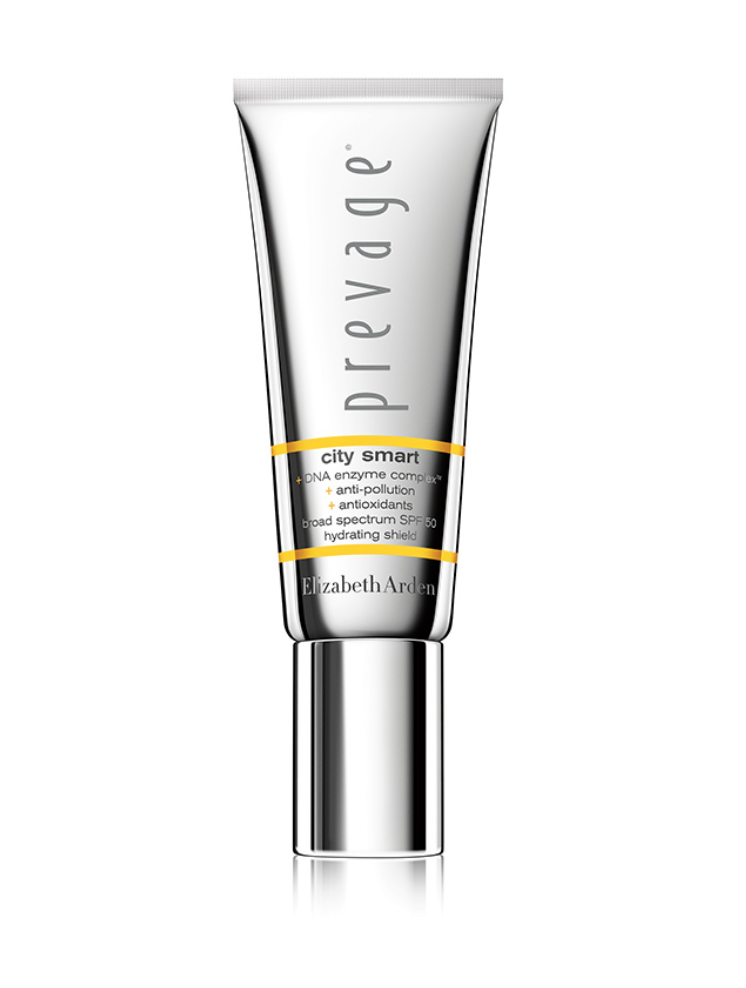The dangers of relying on beauty products that contain SPF
![Which products should we be using besides SPF? [Photo: Getty]](https://s.yimg.com/ny/api/res/1.2/rH5edBDavI_Lvd3D5GoDiQ--/YXBwaWQ9aGlnaGxhbmRlcjt3PTEyNDI7aD04Mjg-/https://media.zenfs.com/en/homerun/feed_manager_auto_publish_494/223416ced146cb6e7e82d14d0224900b)
Summer is here, which means having a good skincare regime could be just as beneficial to your long-term health as it is to having great skin.
For decades we’ve be warned about the harms of leaving your skin unprotected in the sun, and the dangers to overexposure of ultraviolet (UV) radiation, which is linked to the majority of skin cancers, premature skin ageing and eye damage.
Sun protection was once an area of beauty left to the dedicated brands – Soltan, Piz Buin, Hawaiian Tropic, Garnier and Nivea to name a few.
But slowly and surely the wider beauty industry is wising up, and starting to adapt their products in line with our growing obsession with skin health.
More often that not, this includes adding SPF into their formulas.
We’ve never known more about the ageing effect that the sun can have, meaning we want to protect our skin every single day – not just when we’re on holiday.
![SPF is being added to all of our favourite beauty products. [Photo: Getty]](https://s.yimg.com/ny/api/res/1.2/1MUTUMYNHeNYPYaJCr3t_w--/YXBwaWQ9aGlnaGxhbmRlcjt3PTk2MDtoPTY0MQ--/https://media.zenfs.com/en/homerun/feed_manager_auto_publish_494/150792b62f8bd230ff93fda9bf177d86)
As a result, the sun-blocking formulas – usually made up of minerals such as titanium dioxide and zinc oxide that cat the surface of skin to block or reflect UVA and UVB rays – are finding their way into our favourite moisturisers, foundations, concealers, lip products and even blushers and powders.
Fun fact: lots of face creams that claim to be ‘anti-ageing’ are simply adding SPF to their ingredient list.
“The beauty industry is evolving every day – A lot of new sunscreens don’t just protect against the harmful UV rays, they also double as skincare and protect against environmental aggressors,” Dr Preema Vig, Owner & Medical Director of Preema London Clinic, told Yahoo Style UK.
“And a lot of skincare products and make up now offer SPF in the products to ensure you are receiving maximum protection at all times.”
But just how much should be replying on SPF-laden products instead of suncream?
Worringly, data from the American Academy of Dermatology (AAD) found that sales of make-up that contains 20 SPF skin protection properties dropped 15 per cent from 2014 to 2016, while 30 SPF makeup saw a 43 per cent rise.
Additionally, 50 SPF makeup grew by 96 per cent.
This surely proves that consumers are relying on beauty products that contain SPF rather than the real deal. But is this a fool’s errand?
Dr Vig says yes.
The Advanced Aesthetic Doctor and former GP, told Yahoo Style UK: “Many skincare and make-up products now contain SPF in them – while this is good for that extra protection you should always apply sunscreen as well.
“There are many reasons why products are not efficient enough on their own to provide the protection you need, such as lasting-wear, if the products are waterproof and if they contain a high enough SPF.”
“Many skincare/beauty products also don’t offer the protection against free radicals, DNA damage and infrared-A like sunscreens do.”
Dr Vig recommends Heliocare Advanced SPF 50 Gel.
Heliocare Advanced SPF 50 Gel, £19

In addition, an experiment by the Daily Mail provided an interesting look at the how much different types of make-up products containing SPF actually protect the skin, finding that many products with sun protection in their ingredient list don’t actually protect as well as the real thing.
So there it is: there are dangers to relying on SPF-incorporated products in your skincare regime.
Our advice? Continue using your favourite SPF products but make sure you slap on a layer on suncream, too.
Check out our favourite beauty products to use with your normal SPF:
Elemis Daily Defence Shield SPF 30, £46

Estee Lauder DayWear Anti-Oxidant Beauty Benefit BB Creme SPF 35, £36

Elizabeth Arden City Smart with SPF 50, £55

Follow us on Instagram and Facebook for non-stop inspiration delivered fresh to your feed, every day. For Twitter updates, follow @YahooStyleUK.
Read more from Yahoo Style UK:
Busy Philipps hospitalised for sunburnt eyes: What is photokeratitis?
Woman who spent £4,000 trying to fix her sun damage finds a £49.99 miracle cream cure
World’s first gummy sweet sun protection is here


